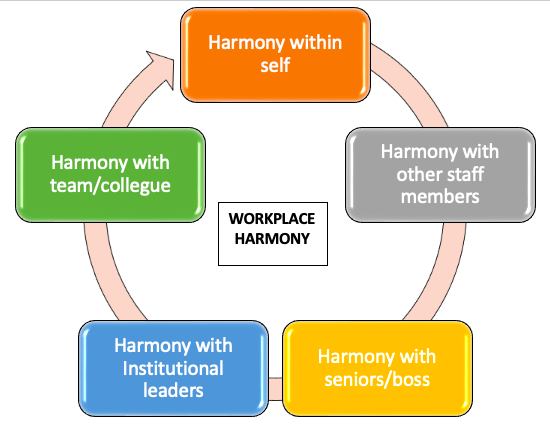Volume 8 Issue 2 February, 2018
“Mirror Neuron System ”
Mirror neurons are a special class of neurons discovered in the 1990s. Mirror neuron system (MNS) represents one of the most important discoveries in the area of neuropsychology of past decades. They respond when we perform an action and also when we see someone else perform that action. They play a role in the pathophysiology of some neuropsychiatric diseases. Mirror neurons can encode an observed action in motor stimuli and allow its reproduction.
Major functions of MNS include action understanding, imitation, learning, empathy, all of which are critical for an individual to be social (social cognition). It is proposed also that the shared neural activation pattern and the accompanying embodied simulation constitute a fundamental biological basis for understanding another’s mind.
A dysfunction of the mirror neuron system may be at the root of the inability to empathize in patients with autism and may play a role in some negative and positive symptoms found in patients with schizophrenia. Hyperactive states of the MNS may be responsible misperception of benign social cues as threats (paranoid delusions), and hallucinations in schizophrenia; hypoactive states may explain a key clinical feature of autistic spectrum disorders.
Mirror neurons are an anatomical entity that enables improved understanding of behavior and emotions, and serves as a base for developing new cognitive therapies. Additional studies are needed to clarify the exact role of this neuronal system in social cognition and its role in the development of some neuropsychiatric diseases.

MVJ Medical College & Research Hospital Bengaluru

